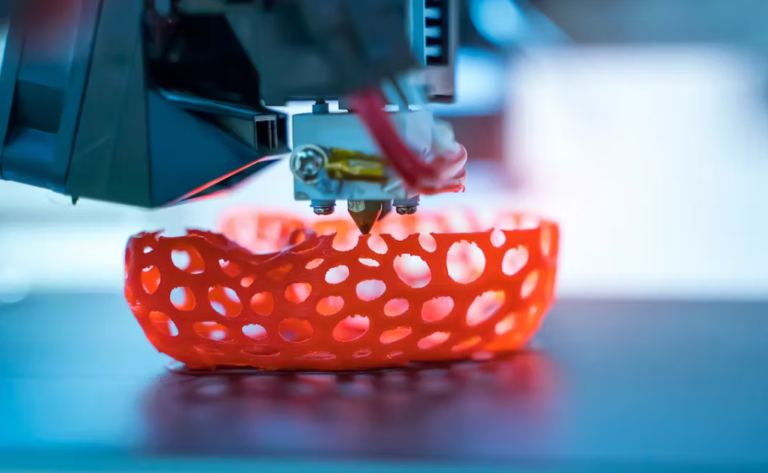Key Skills Every Successful Design Engineer Should Have

Key Skills Every Successful Design Engineer Should Have: Design engineer is a broad and exciting profession which calls for exceptional technical skill, inventive mindset, as well as an aptitude to solve problems. Design engineers have been instrumental in translating good thoughts into tangible and creative products. In this blog “Key Skills Every Successful Design Engineer Should Have” , we will explore the essential skills that every aspiring design engineer should possess to excel in their career and contribute to the advancement of technology and innovation.
Strong Technical Proficiency
At the heart of design engineering lies technical proficiency.In design engineering, profound knowledge of engineering principles in areas like mechanics, thermodynamics, materials science, and electronics is needed by any successful design engineer. One needs to be familiar with CAD software in order to make accurate 3D models and design projections.
Creativity and Innovation

Design engineering is not just about solving technical problems; it also involves unleashing creativity to develop innovative solutions. The ability to think outside the box, explore novel ideas, and envision groundbreaking concepts sets successful design engineers apart.
Problem-Solving Skills
Design engineers encounter complex challenges throughout the product development process. Being adept at problem-solving is crucial to identify issues, analyze root causes, and devise effective solutions. The ability to think critically and approach problems methodically ensures that design engineers overcome obstacles with confidence.
Attention to Details
 In the realm of design engineering, precision is paramount. A successful design engineer pays meticulous attention to detail, ensuring that every aspect of the design is accurately represented. Small errors or oversights can have significant consequences in the final product.
In the realm of design engineering, precision is paramount. A successful design engineer pays meticulous attention to detail, ensuring that every aspect of the design is accurately represented. Small errors or oversights can have significant consequences in the final product.
Collaboration and Communication
Design engineering is often a team effort, involving collaboration with other engineers, designers, and stakeholders. Effective communication skills facilitate clear exchange of ideas and enable seamless teamwork. Being able to articulate complex technical concepts in a clear and concise manner is essential for successful design engineers.
Knowledge of Manufacturing Processes

Design engineers should be well-versed in various manufacturing processes, including injection molding, casting, sheet metal fabrication, and additive manufacturing. Understanding manufacturing limitations and capabilities helps in designing products that are cost-effective and easily producible.
Adaptability and Continuous Learning
The field of design engineering is constantly evolving with new technologies and methodologies. Successful design engineers embrace change and are adaptable to stay at the forefront of innovation. Continuous learning and professional development are essential to keep up with industry advancements.
Understanding of Regulatory Standards

Design engineers must be aware of industry-specific regulatory standards and requirements. Compliance with safety, environmental, and quality standards is vital to ensure that products meet legal and ethical obligations.
Project Management
The ability to manage projects efficiently is crucial for successful design engineers. From setting realistic timelines to allocating resources effectively, project management skills ensure that design projects are completed on time and within budget.
Ethical and Sustainable Design Practices
Ethical considerations play an increasingly important role in design engineering. Successful design engineers prioritize the safety, well-being, and ethical implications of their creations. Additionally, incorporating sustainable design practices contributes to environmentally responsible product development.
Becoming a successful design engineer is a multifaceted journey that combines technical expertise, creative thinking, and effective communication. By cultivating strong technical proficiency and problem-solving skills, design engineers can tackle complex challenges with confidence and precision. Embracing creativity and innovation enables them to devise groundbreaking solutions that push the boundaries of what is possible.
Communication and collaboration skills facilitate effective teamwork and seamless project execution. Understanding manufacturing processes and regulatory standards ensures that design engineers create practical and compliant products. Meanwhile, adaptability, continuous learning, and ethical considerations are essential for staying relevant in an ever-evolving industry.
Aspiring design engineers should strive to master these key skills to excel in their careers and contribute to the advancement of technology and innovation. With dedication, perseverance, and a passion for design engineering, every aspiring engineer can pave the way to a successful and rewarding future in this dynamic field.
I hope this blog “Key Skills Every Successful Design Engineer Should Have” helps you to better understand.







